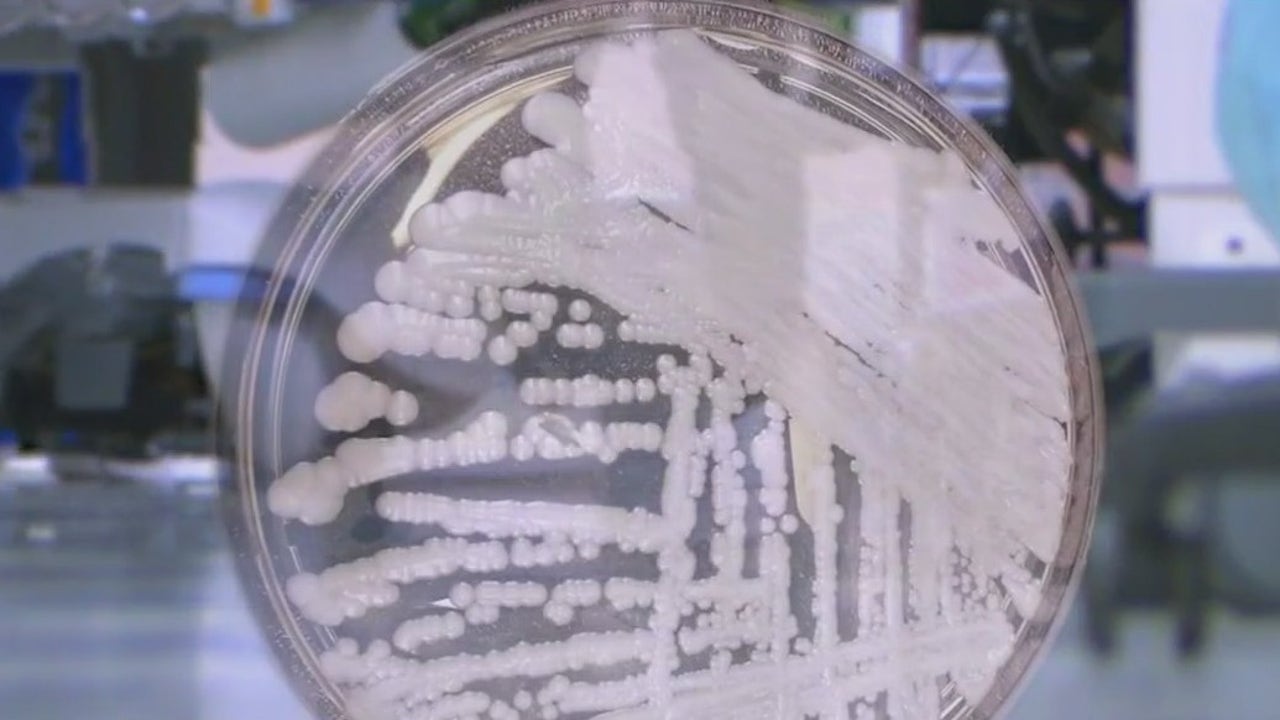2 min
Candida auris: The deadly fungus is spreading and proving difficult to fight
Candida auris is making headlines and for all the wrong reasons. The fungus can lead to severe infections causing long term health issues and even death.Recently, Fox News in Los Angeles was covering this emerging threat and reached out to Augusta University's Dr. Jose Vazquez for his expert insight and opinion.Here's the piece:The Centers for Disease Control & Prevention says Candida auris, or C. auris, is an emerging health threat, a type of fungus can cause severe, potentially life-threatening infections in people hospitalized with compromised immune systems.Dr. Jose Vasquez, chief of infectious diseases at the Medical College of Georgia at Augusta University, says there are several reasons for concern about this fungus."The biggest fear is that it is multi-drug resistant," he says. "So, it is resistant to many different drugs."The CDC says most C. auris infections respond to antifungal medication, but some do not.Vasquez says C. auris is also hard to detect without highly specialized lab equipment that many hospitals do not have.And, he says, it is hard to stop the fungus once it gets into a hospital setting, such as an ICU or nursing care facility.C. auris can live on a person's skin without causing symptoms, allowing it to be transmitted from one person to another, or to get into a patient's body through contaminated surfaces or medical equipment like mechanical ventilators, feeding tubes and central lines.'It is one of the Candidas that lives the longest on a surface, and we're talking about weeks," he sys. "So it can live there, dry and desiccated. Once it gets there, it kind of sets up shop, and it is very, very difficult to eradicate." The rest of the news story is attached:Looking to know more?That’s where Augusta University can help. Dr. Jose Vazquez, division chief and professor of Medicine at the Medical College of Georgia, is an expert in the realm of infectious diseases. He studies and treats infectious diseases, including antibiotic-resistant superbugs and fungal infections.He has been a reliable source for local, statewide and national media regarding the coronavirus outbreak. Dr. Vazquez is available to speak with media regarding this topic – simply click on his icon to arrange an interview.







